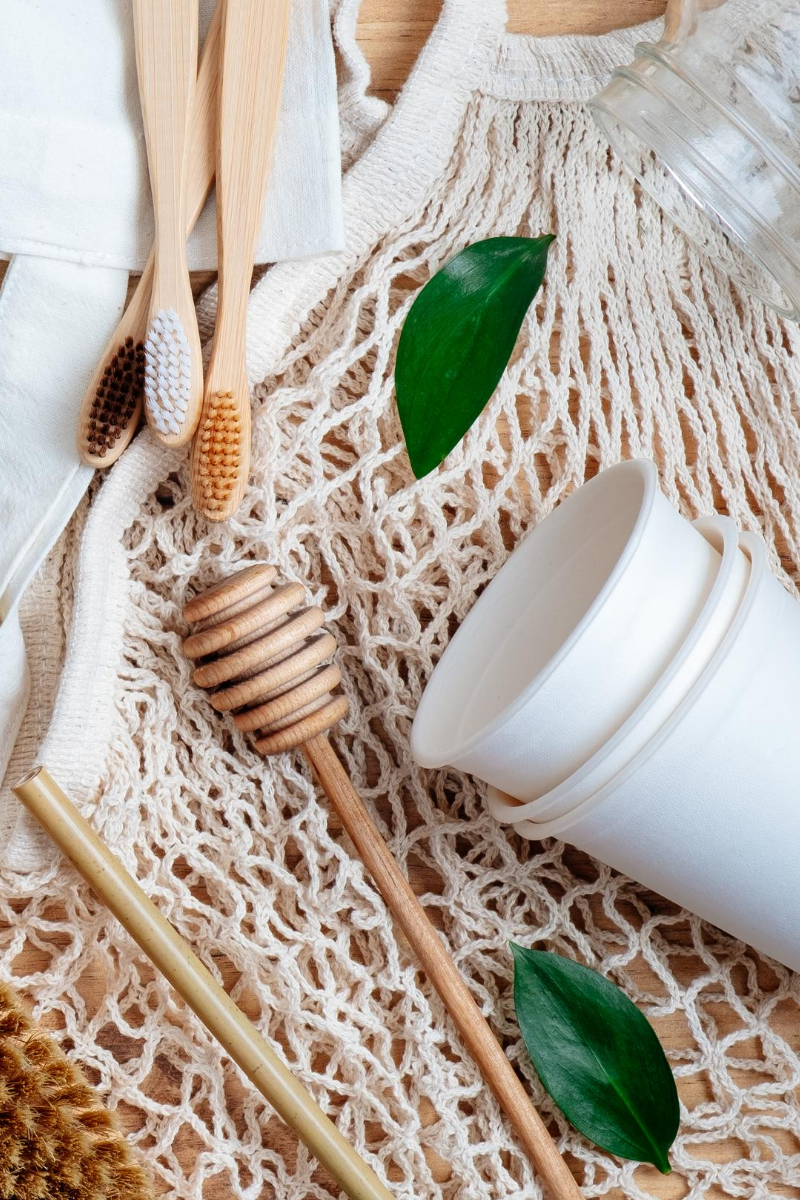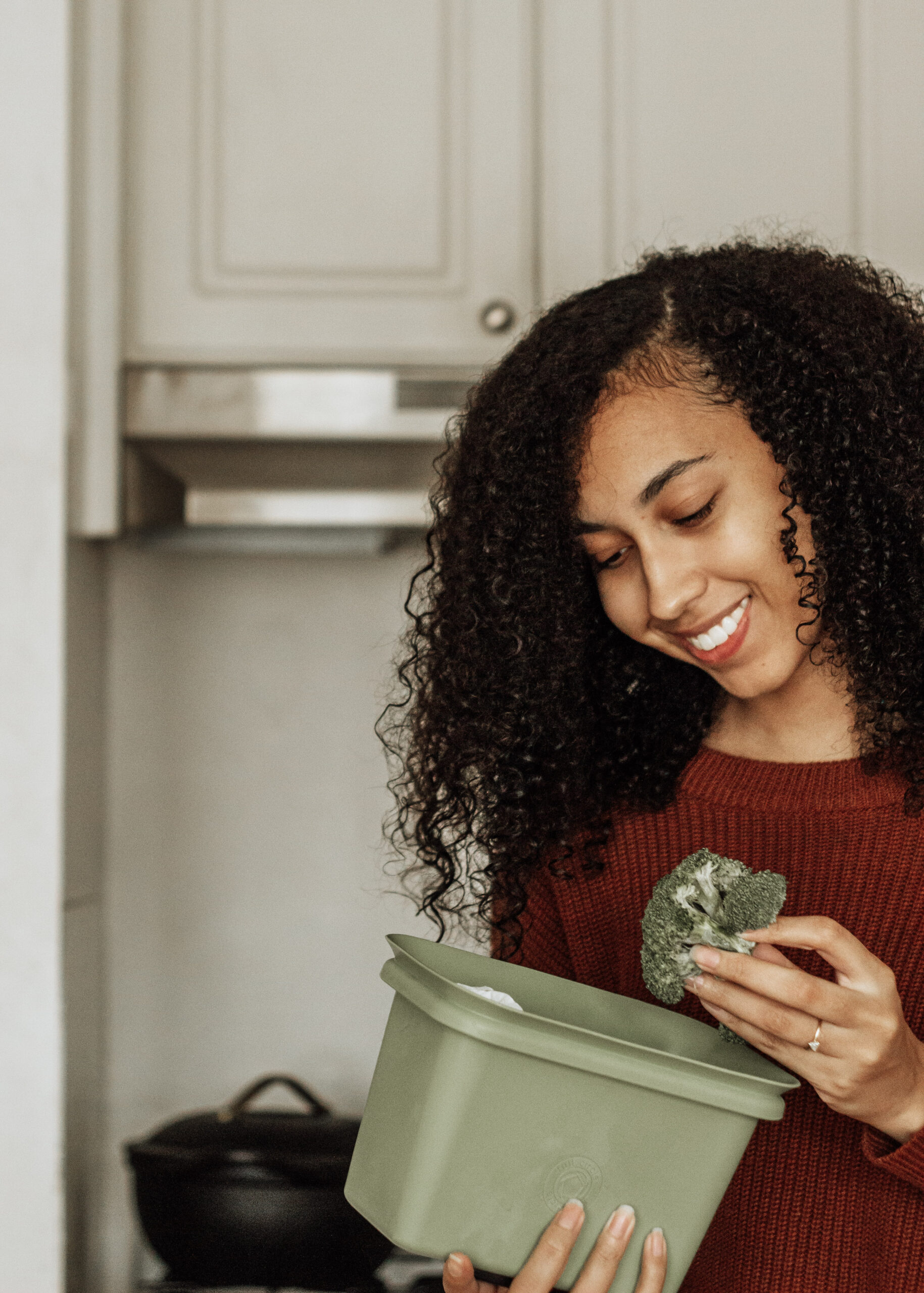
If you have not already begun, the best time to start composting at home is right now! Composting is one of the most low-effort steps you can take towards sustainable living. To do it right, you’ll need to select a compost tub, reimagine the way you think of trash, and make time each week to discard your organic matter at a compost site. Let’s get started!
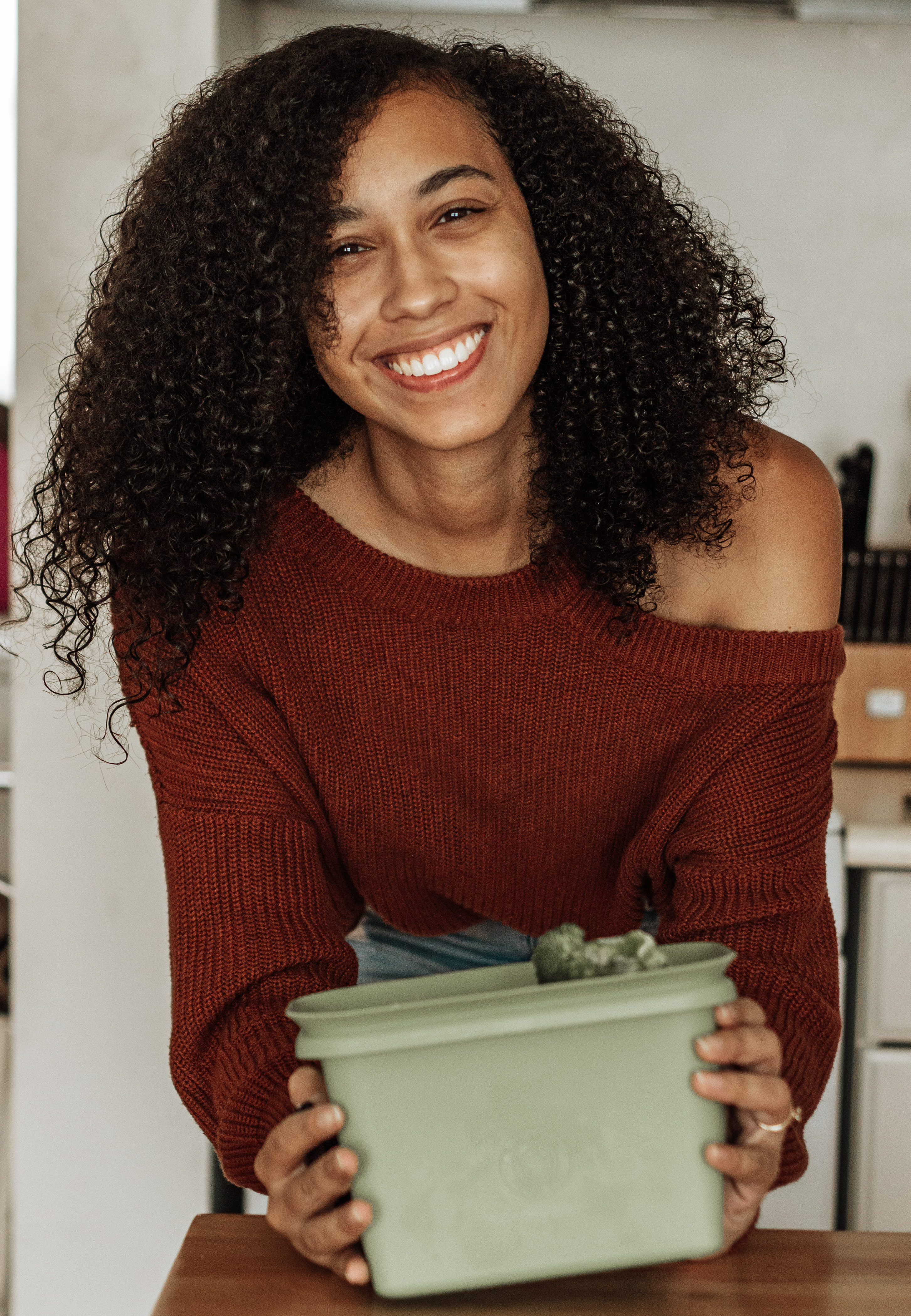
Why Compost?
Before we get into how, let’s talk about why. You’ll have less overall trash and your home will smell better without decomposing scraps smelling up your trash can. You’ll also be reducing methane emissions from landfills (go us)!
Composting enriches soil and boosts the production of beneficial fungi and bacteria. Plants grown in this soil benefit from the nutrient-rich material. Composting creates soil that better retains moisture and quells plant diseases and pests. Plants grown with compost also require less chemical fertilizer, which is awesome. Let’s get to the how.
1. Handpick a Compost Tub
Shop for a compost tub! I bought a silicone container from Full Circle. Mine is tiny, compact, and perfect for my apartment. I recommend choosing a container that fits in your freezer because this will completely prevent the organic matter from smelling up your home.
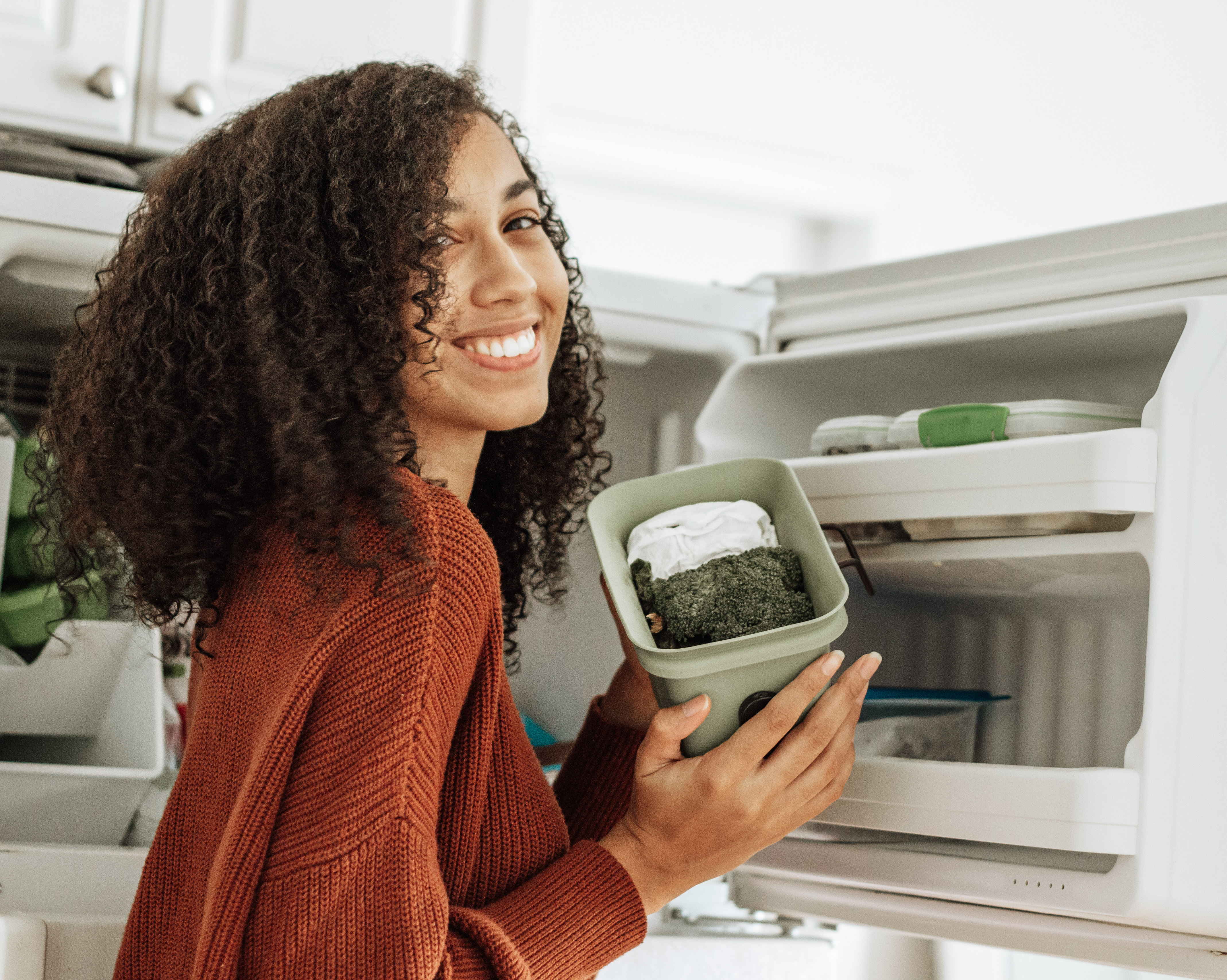
2. Learn What is Compostable
Reimagine your trash! There are so many compostable items, things you would expect and things that might surprise you. Perhaps you just had a delicious apple and are ready to toss the core. Or you’ve cut up some carrots for a soup and want to discard the ends. Maybe you’ve had nuts for a snack with a bunch of nutshells left over. All of this organic matter can be composted.
Here’s an incomplete list of compostable items *cracks knuckles*: loose leaf teas, eggshells, cardboard rolls, cereal boxes, shredded newspapers, paper towels, yard clippings, pencil shavings, cooked rice, coffee grounds, coffee filters, stale crackers, cereal, and bread!
The EPA very handily has a page that outlines what cannot be composted. This includes dairy products like butter, milk, sour cream, yogurt, eggs — but eggshells do compost! Fats, grease, lards, oils, meat bones, fish bones, and other meat scraps cannot be composted. Yard trimmings that are treated with chemical pesticides can’t be composted. And, a little gross but super relevant: pet feces can’t be composted.
3. Discard Organic Matter
Your compost tub is full. Now what? There are a number of places you can take your scraps to be composted. You can, of course, consider making a compost site in your backyard.
Other options include community farms, farmers markets, and curbside services. Plenty of gardeners will happily take your compost scraps every now and then. This could be a neighbor or even a school garden. Explore more options for discarding online at Earth911 or the Environmental Protection Agency.
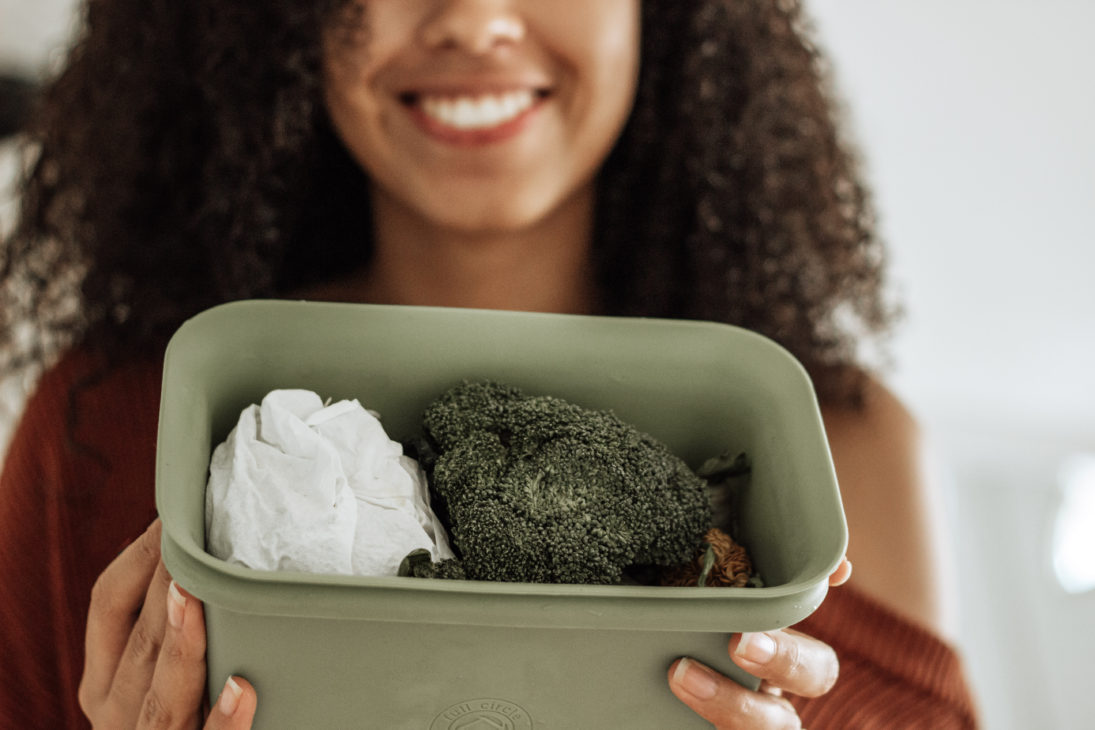
Composting is Easy and Sustainable
National Learn About Composting Day is May 29 every year! Take what you’ve learned in this post and apply it to your own life. On this holiday next year, see how you’ve improved and take note of all that you’ve learned about composting.

Do you have any tips for composting?






